
World Alzheimer’s Month is the international campaign by Alzheimer’s Disease International (ADI) every September to raise awareness and challenge the stigma that surrounds dementia. World Alzheimer’s Month was launched in 2012. World Alzheimer’s Day is on 21 September each year.
By 2050, the number of people living with dementia around the world will have almost trebled to 152 million, making the disease one of the most significant health and social crises of the 21st century

What is Dementia?
Dementia is a general term for symptoms of mental decline that interfere with a person’s daily life. It is not a normal part of aging. The symptoms can include problems with memory, communication, and thinking. Alzheimer’s disease is the most common type (50-60%) of dementia. Symptoms of Alzheimer’s begin slowly and get worse over time.
What is Alzheimer’s Disease?
Alzheimer’s is a disease that robs people of their memory. At first, people have a hard time remembering recent events, though they might easily recall things that happened years ago.

As time goes on, other symptoms can appear, including:
• Trouble focusing
• A hard time doing ordinary activities
• Feeling confused or frustrated, especially at night
• Dramatic mood swings — outbursts of anger, anxiety, and depression
• Feeling disoriented and getting lost easily
• Physical problems, such as an odd walk or poor coordination
• Trouble communicating
People with Alzheimer’s might forget their loved ones. They might forget how to dress themselves, feed themselves, and use the toilet.
The disease makes brain tissue break down over time. It usually happens to people over age 65.
A person can live with Alzheimer’s disease for just a few years or for a few decades. More often, however, people live with it for about 9 years. About 1 in 8 people age 65 and over has the disease. Women are more likely to have it than men.

What Causes Alzheimer’s Disease?
People who get Alzheimer’s disease are usually older, but the disease isn’t a normal part of aging. Scientists aren’t sure why some people get it and others don’t. But they do know that the symptoms it causes seem to come from two main types of nerve damage:
• Nerve cells get tangles, called neurofibrillary tangles.
• Protein deposits called beta-amyloid plaques build up in the brain.
Researchers aren’t sure what causes this damage or how it happens, but it could be a protein in blood called ApoE (for apolipoprotein E), which the body uses to move cholesterol in the blood.
Whether or not ApoE partly causes Alzheimer’s, genes almost certainly play a role in the disease. Someone with a parent who had the disease is more likely to have it, too.
There is some evidence that people with high blood pressure and high cholesterol have a greater chance of getting Alzheimer’s. More rarely, head injuries may be a reason, too — the more severe they are, the greater the risk of Alzheimer’s later in life.
Scientists are still studying many of these theories, but it’s clear that the biggest risks linked to Alzheimer’s disease are being older and having Alzheimer’s in your family.
Whether or not ApoE partly causes Alzheimer’s, genes almost certainly play a role in the disease. Someone with a parent who had the disease is more likely to have it, too.
There is some evidence that people with high blood pressure and high cholesterol have a greater chance of getting Alzheimer’s. More rarely, head injuries may be a reason, too — the more severe they are, the greater the risk of Alzheimer’s later in life.
Scientists are still studying many of these theories, but it’s clear that the biggest risks linked to Alzheimer’s disease are being older and having Alzheimer’s in your family.
Types of Alzheimer’s Disease

Nearly everyone with Alzheimer’s disease will eventually have the same symptoms — memory loss, confusion, trouble with once-familiar tasks, and making decisions. Though the effects of the disease are similar, there are two main types.
• Early-onset Alzheimer’s. This type happens to people who are younger than age 65. Often, they’re in their 40s or 50s when they’re diagnosed with the disease. It’s rare — up to 5% of all people with Alzheimer’s have early-onset. People with Down syndrome have a higher risk for it.
Scientists have found a few ways in which early-onset Alzheimer’s is different from other types of the disease. People who have it tend to have more of the brain changes that are linked with Alzheimer’s. The early-onset form also appears to be linked with a defect in a specific part of a person’s DNA: chromosome 14. A form of muscle twitching and spasm, called myoclonus, is also more common in early-onset Alzheimer’s.
• Late-onset Alzheimer’s. This is the most common form of the disease, which happens to people age 65 and older. It may or may not run in families. So far, researchers haven’t found a particular gene that causes it. No one knows for sure why some people get it and others don’t.
• Familial Alzheimer’s disease (FAD) is a form of Alzheimer’s disease that doctors know for certain is linked to genes. In families that are affected, members of at least two generations have had the disease. FAD makes up less than 1% of all cases of Alzheimer’s. Most people who have early onset Alzheimer’s have FAD.
What Can Lead to Alzheimer’s Disease?
There are a few things that may make people more likely to get Alzheimer’s. So far, research has linked the disease with:
• Age. Your risk for Alzheimer’s goes up as you get older. For most people, it starts going up after age 65.
• Gender. Women get the disease more often than men.
• Family history. People who have a parent or sibling with Alzheimer’s are more likely to get it themselves.
• Down syndrome. It’s not clear why, but people with this disorder often get Alzheimer’s disease in their 30s and 40s.
• Head injury. Some studies have shown a link between Alzheimer’s disease and a major head injury.
• Other factors. High cholesterol levels and high blood pressure may also raise your risk.
What next? Part 2…


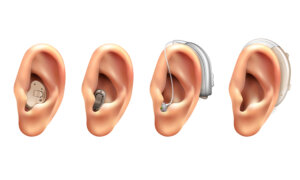
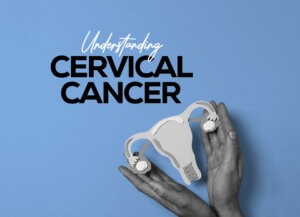

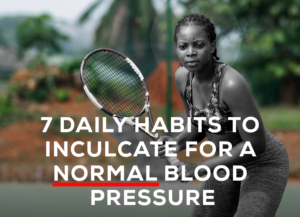
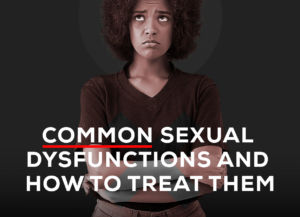
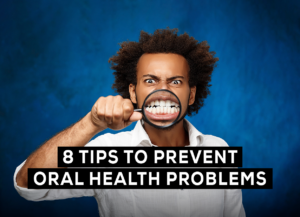
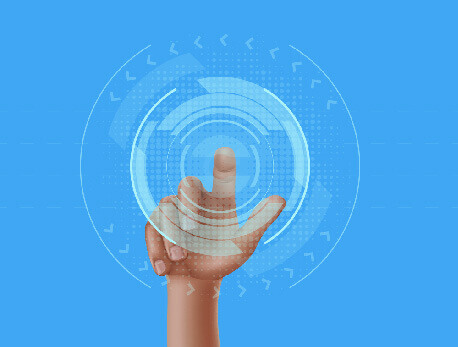


One Response
GREAT, THIS IS HELPFUL